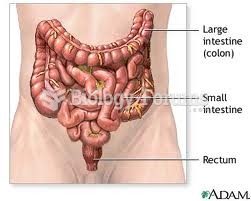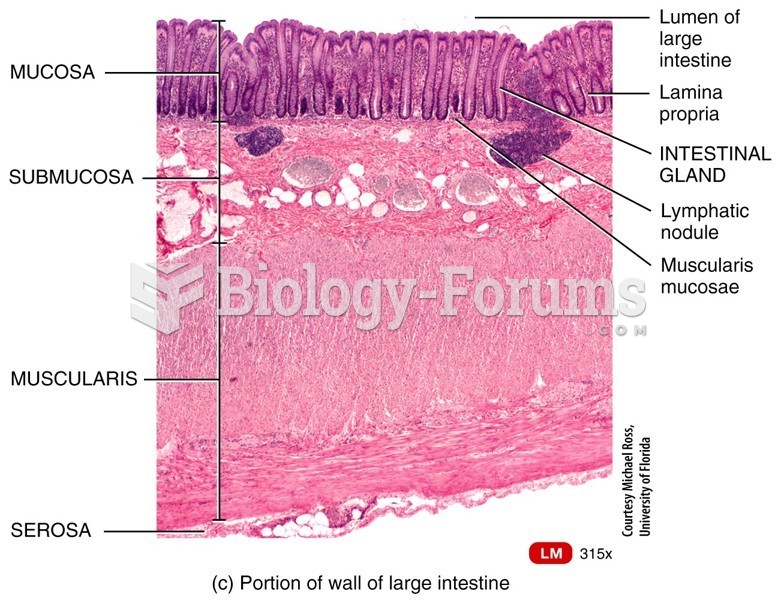Answer to Question 1
Evidence suggests that high intakes of red meats, such as beef, lamb, and pork, and processed meats, such as lunchmeats and hot dogs, may raise the risks of colon and rectal cancer, and that vegetarian diets, particularly those that include fish, reduce them. In a study of over 60,000 people in the United Kingdom, those who ate fish or vegetables but not red meats had the lowest overall cancer ratesa finding that agrees with other studies. Other researchers, however, report no difference in cancer risks. Such conflicts may stem partly from wide variations in eating patterns within groupssome meat eaters also love legumes, fish, and vegetables and eat them often, while some vegetarians may base their diets on fried foods, refined grains, cheeses, sweets, and daily alcohol. More research is needed before conclusions about diet components and cancers may be drawn.
Answer to Question 2
When diets lack sufficient protein from food or sufficient amounts of any of the essential amino acids, symptoms of malnutrition become evident. In protein deficiency, when the diet supplies too little protein or lacks a specific essential amino acid relative to the others (a limiting amino acid), the body slows its synthesis of proteins while increasing its breakdown of body tissue protein to liberate the amino acids it needs to build other proteins of critical importance. Without these critical proteins to perform their roles, many of the body's life-sustaining activities would come to a halt. The most recognizable consequences of protein deficiency include slow growth in children, impaired brain and kidney functions, weakened immune defenses, and impaired nutrient absorption from the digestive tract. In clinical settings, the term protein-energy malnutrition has been used to describe the condition that develops when the diet delivers too little protein, too little energy, or both. However, such malnutrition reflects insufficient food intake, with not only too little protein and energy but also too few vitamins, too few minerals, and, in fact, too little of most of the nutrients needed for health and growth.







